Women of Pluto and Other Amazing Plutobits
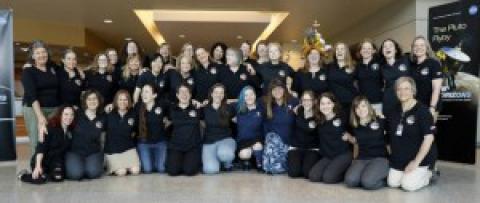
“The New Horizons mission is a stunning validation of not only astronomy and physics, but of science itself. ... No astrologer could have given us this information. Alchemy could not have powered the rockets so powerfully and precisely ... This will be remembered as an achievement of our species, of our civilization, and of the power of science.”

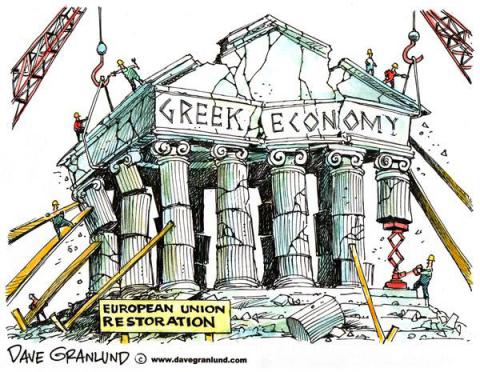
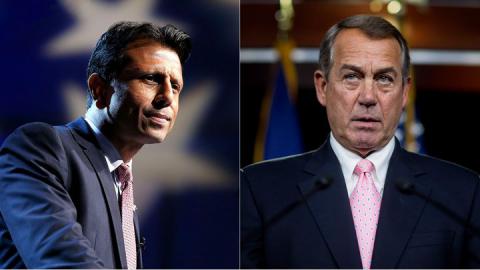
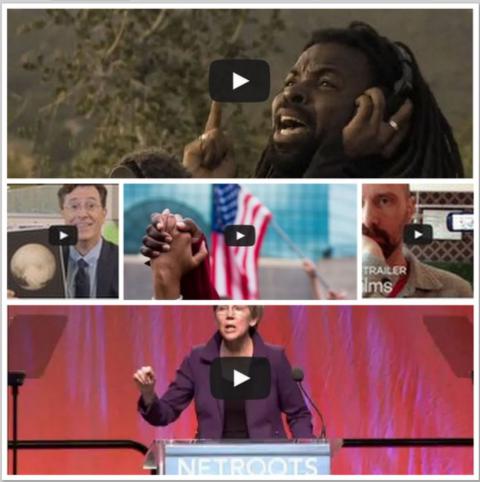
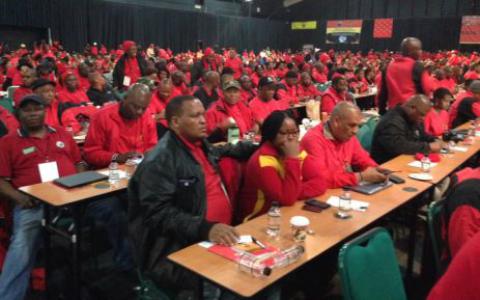
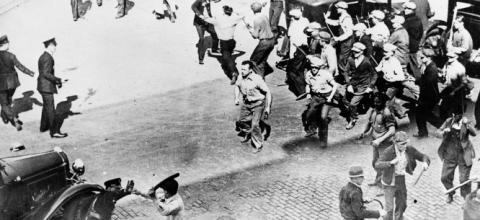
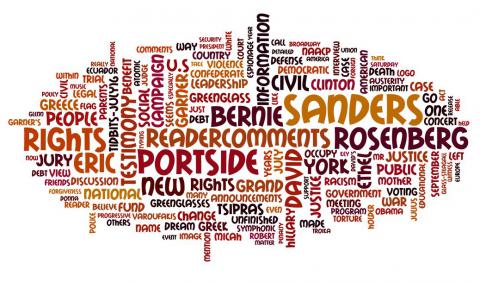
Spread the word